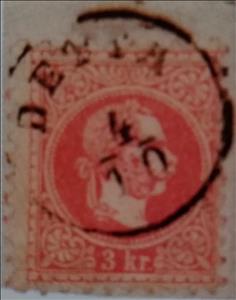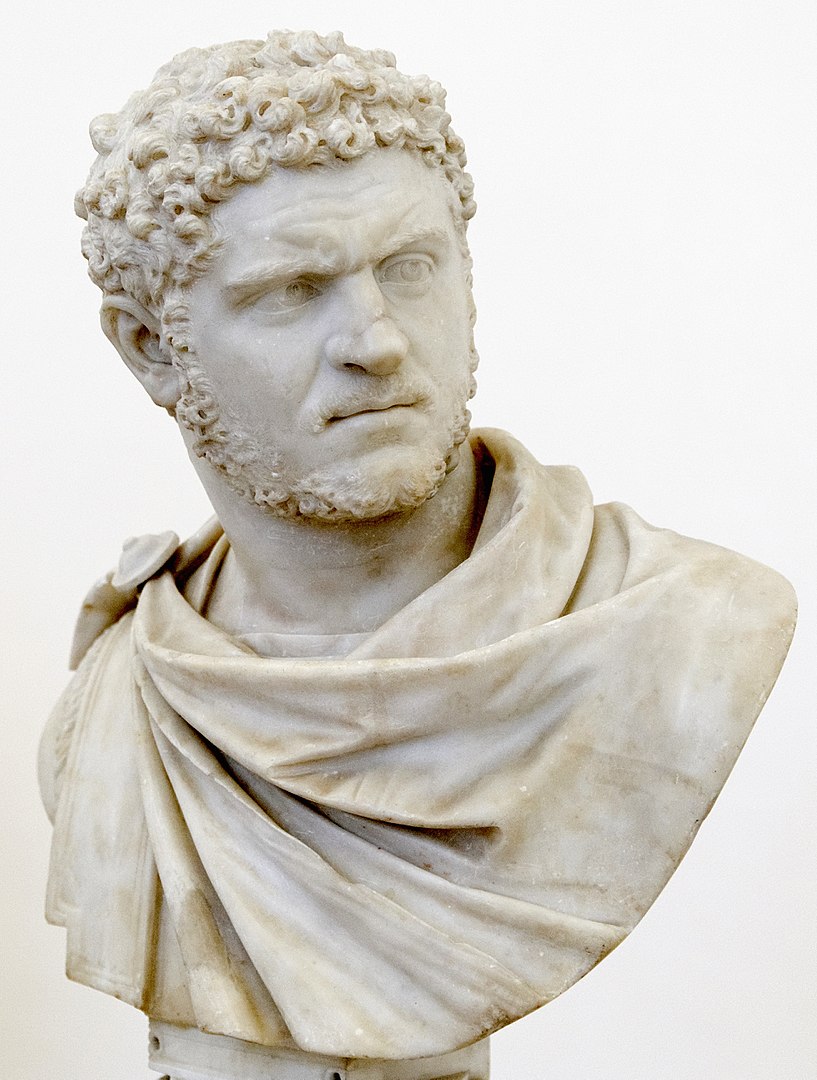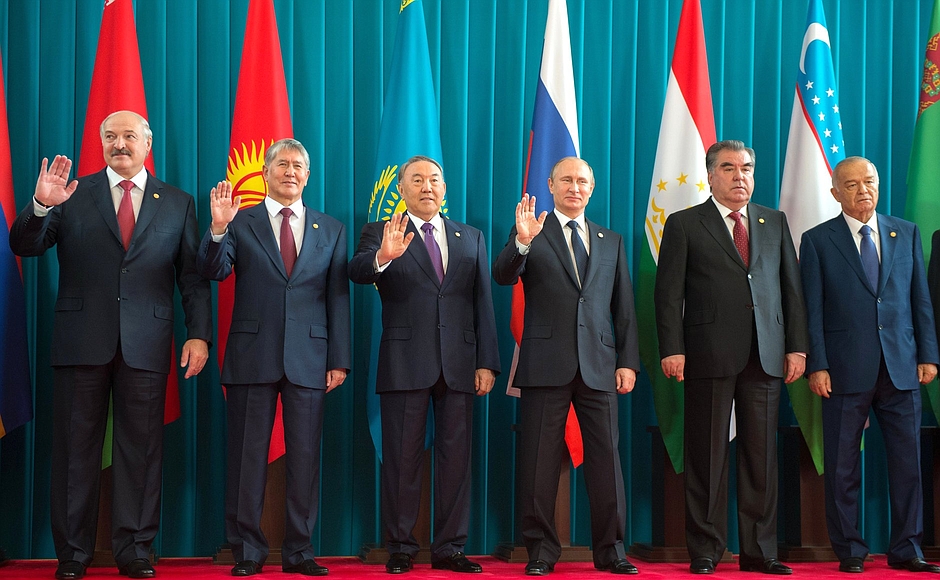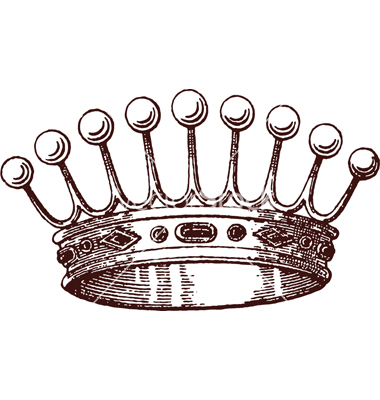Stamp: Franz Joseph - coarse print (Hungary 1867)
Franz Joseph - coarse print (Hungary 1867)
01 June (Hungary ) within release Austria stamps used in Hungary in 1867-1871 goes into circulation Stamp Franz Joseph - coarse print face value 3 Austro-Hungarian krajcar
| Stamp Franz Joseph - coarse print in catalogues | |
|---|---|
| Michel: | Mi: AT-HU V36F |
| Philatelia Hungarica Catalog: | PHu: AT-HU A3Tny |
Stamp is vertical format.
Missprint, the 3Kr stamp got red color. Very Rare, HUN philatelica catalog identifies 2 used pieces on cover ONLY, Michel special catalog lists this stamp with Hungarian cancellation only! Scott lists 4 examples. Stamp or cut off must bear readable cancellation from Hungary during the period of 1867-06-01 to 1871-07-31.Also in the issue Austria stamps used in Hungary in 1867-1871:
- Stamp - Franz Joseph - coarse print face value 2;
- Stamp - Franz Joseph - coarse print face value 3;
- Stamp - Franz Joseph - coarse print face value 5;
- Stamp - Franz Joseph - coarse print face value 10;
- Stamp - Franz Joseph - coarse print face value 15;
- Stamp - Franz Joseph - coarse print face value 2;
- Stamp - Franz Joseph - coarse print face value 3;
- Stamp - Franz Joseph - coarse print face value 3;
- Stamp - Franz Joseph - coarse print face value 10;
- Stamp - Franz Joseph - coarse print face value 10;
- Stamp - Franz Joseph - coarse print face value 15;
- Stamp - Franz Joseph - coarse print face value 15;
- Stamp - Franz Joseph - coarse print face value 2;
- Stamp - Mercurius face value 1;
- Stamp - Mercurius face value 1;
- Stamp - Mercurius face value 1;
Stamp Franz Joseph - coarse print it reflects the thematic directions:
The word emperor (from Latin: imperator, via Old French: empereor) can mean the male ruler of an empire. Empress, the female equivalent, may indicate an emperor's wife (empress consort), mother/grandmother (empress dowager/grand empress dowager), or a woman who rules in her own right and name (empress regnant or suo jure). Emperors are generally recognized to be of the highest monarchic honour and rank, surpassing king. In Europe, the title of Emperor has been used since the Middle Ages, considered in those times equal or almost equal in dignity to that of Pope due to the latter's position as visible head of the Church and spiritual leader of the Catholic part of Western Europe. The emperor of Japan is the only currently reigning monarch whose title is translated into English as "Emperor"
Famous People refers to the fame and public attention accorded by the mass media to individuals or groups or, occasionally, animals, but is usually applied to the persons or groups of people (celebrity couples, families, etc.) themselves who receive such a status of fame and attention. Celebrity status is often associated with wealth (commonly referred to as fame and fortune), while fame often provides opportunities to make money.
A head of state (or chief of state) is the public persona that officially represents the national unity and legitimacy of a sovereign state. In some countries, the head of state is a ceremonial figurehead with limited or no executive power, while in others, the head of state is also the head of government. In countries with parliamentary governments, the head of state is typically a ceremonial figurehead that does not actually guide day-to-day government activities and may not be empowered to exercise any kind of secular political authority (e.g., Queen Elizabeth II as Head of the Commonwealth). In countries where the head of state is also the head of government, the president serves as both a public figurehead and the actual highest ranking political leader who oversees the executive branch (e.g., the President of the United States).
A man is an adult male human. Prior to adulthood, a male human is referred to as a boy (a male child or adolescent).
A Royalty is the immediate family of a king or queen regnant, and sometimes his or her extended family. The term imperial family appropriately describes the family of an emperor or empress, and the term papal family describes the family of a pope, while the terms baronial family, comital family, ducal family, grand ducal family, or princely family are more appropriate to describe the relatives of a reigning baron, count, duke, grand duke, or prince. However, in common parlance members of any family which reigns by hereditary right are often referred to as royalty or "royals." It is also customary in some circles to refer to the extended relations of a deposed monarch and his or her descendants as a royal family. A dynasty is sometimes referred to as "the House of ...". As of July 2013, there are 26 active sovereign monarchies in the world who rule or reign over 43 countries in all





